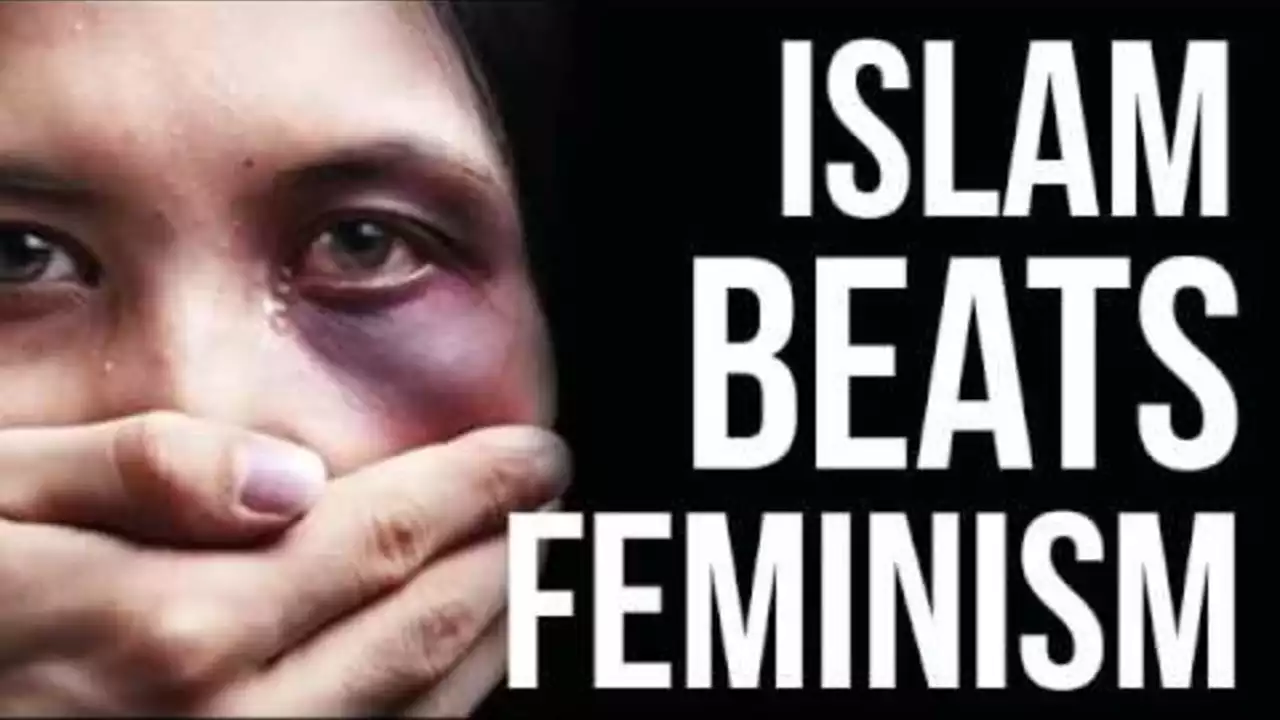Western Feminism and Muslim Women: A Practical Look
When you hear the words “western feminism,” you might picture runway shows, office glass ceilings, or protest signs. But for many Muslim women, the idea feels both useful and confusing. It promises equal rights, yet it often forgets the role of faith, family, and community. So, how can you make sense of it without losing your own identity?
Why Western Feminism Shows Up in Muslim Communities
Western feminist ideas travel fast through media, social networks, and university classrooms. Young Muslim women see these messages and ask, “Can I claim the same freedoms without breaking my religious values?” The answer is yes, but it takes a bit of juggling. For example, demanding the right to choose a career is a core feminist goal, and many Muslim women are already doing that while still observing daily prayers.
Another common question is about clothing. Western feminism often treats the hijab as a symbol of oppression, while many Muslim women see it as a personal choice. The key is to respect the decision‑maker – the woman herself – rather than assume she is forced or liberated.
Finding a Balance: Tips for Everyday Life
1. **Talk openly with family** – Start a calm conversation about what equality means to you. Share specific goals, like attending a workshop or pursuing a degree, and listen to their concerns. When both sides feel heard, compromise becomes easier.
2. **Learn the language of both worlds** – Read feminist articles, but also study the Qur’an and Hadith passages that talk about justice and respect. You’ll discover that many Islamic teachings already support gender fairness.
3. **Connect with like‑minded groups** – Look for local clubs or online forums where Muslim women discuss feminism. These spaces let you swap stories, find mentors, and see real examples of how others blend the two perspectives.
4. **Set realistic boundaries** – If a workplace expects you to work late on a Friday, ask for reasonable accommodations instead of outright refusing. Small adjustments can protect both your career and religious commitments.
5. **Celebrate small wins** – Whether it’s speaking up in a meeting or deciding to wear a hijab by choice, every step counts. Share your successes with friends; it builds confidence and encourages others.
Remember, western feminism isn’t a one‑size‑fits‑all rulebook. It’s a toolbox. You pick the tools that help you build the life you want while staying true to your faith.
Ultimately, the conversation about western feminism and Muslim women is still evolving. By staying curious, respectful, and proactive, you can shape a version of feminism that works for you and your community.
- Zayden Kurosawa
- 0
Why is western feminism so afraid to criticize Islam?
It seems that Western feminism often hesitates to criticize Islam, perhaps due to a fear of feeding into Islamophobia or appearing insensitive to cultural differences. Furthermore, there is a desire to respect freedom of religion and avoid western-centric viewpoints. However, this silence can lead to the overlooking of genuine issues of gender inequality within Islamic societies. It's a delicate balance to strike, but open dialogue and respectful criticism should be encouraged in all aspects of society, including religious ones. After all, the goal of feminism is equality for all, regardless of culture or creed.
Read more